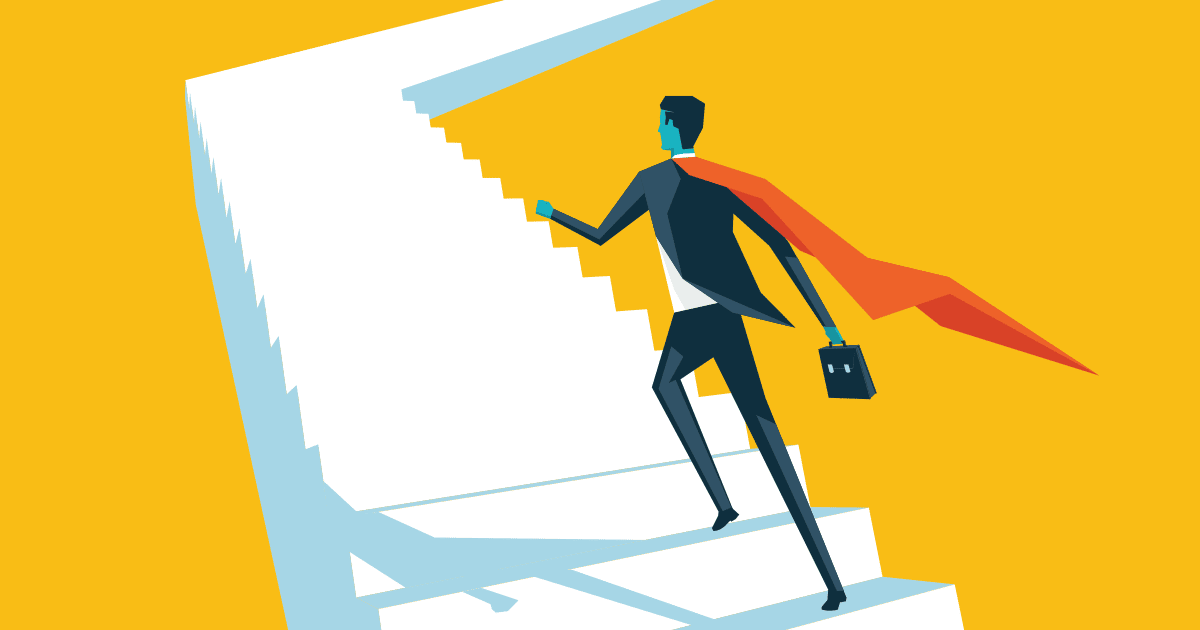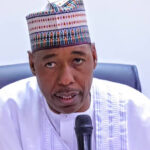The global call to action to eradicate poverty among vulnerable communities through impactful development programs is not new. What is new is the increasing number of people falling into extreme poverty, underscoring the urgency to take immediate action.
Inequality is widening by the day. The richest 10 per cent of the global population is taking away 52 per cent of global income, according to a report by the International Monetary Fund (IMF).
While the persistence of poverty remains a significant concern in the pursuit of Sustainable Development Goals (SDGs), the high level of debt in developing nations, as per IMF data (60% of low-income and 25% of middle-income countries), hampers the deployment of additional financing from multilateral development banks (MDBs).
The 2023 Global Multidimensional Poverty Report, co-published by the United Nations Development Program and Oxford Poverty and Human Development Initiative at Oxford University, suggests that 1.1 billion people live in “acute multidimensional poverty across 110 countries.”
3 startups get N30m FG award to enhance research
We’ll revamp steel sector to boost industrialisation, create jobs – FG
The statistics may sound alarming, but the enormity of the impact is even more apparent when you attach faces to these numbers. 1.1 billion people equate to the combined population of Europe and North America.
Digital inequality is getting wider, with 2.6 billion people, nearly a third of the global population, remaining unconnected to the internet. Can the driving forces behind digital transformation deliver on their promise and elevate the economies of the poorest countries through digital inclusion?
We need deeper commitments if the desire to end poverty, the first goal in the United Nations SDGs, is to be achieved by 2030.
I have visited many countries in the Global South. All 57 Islamic Development Bank member states are from the Global South. These countries have great ambitions to provide affordable housing and uninterrupted access to energy and ensure food and climate security. In each of these visits, one thing was clear: the sense of urgency to make development work for the poor.
Development is a painful, continuous process. It requires sacrifice and tough decisions. My recent interactions with policymakers from our member countries have boosted my optimism about the possibility of making an impactful difference by translating policy postulations into tangible results that improve the lives of the poor. We may not achieve the SDGs by 2030, but we can at least realign forces and bring them back on track.
The reality on the ground–whether in Kano, Nigeria, where I visited local female pastoral entrepreneurs, or The Gambia, where an IsDB-financed road reduced commuting time from 12 hours to four–reflects one clear message: the poor are looking up to us to help lift them out of the menace of poverty.
No development challenge is insurmountable. Our role is to transform the challenges into an opportunity.
As leaders of multilateral institutions, we have a chance to change the story by pushing a global economic agenda that contributes to freeing the poor from the throes of poverty to bask in the glow of prosperity.
It is time to step up our efforts to match our words with action. The poor are losing patience. Sustainable development makes sense to them only when they see tangible improvement in their daily lives.
As the economist and philosopher Amartya Sen profoundly stated, “Poverty is not just a lack of money; it is not having the capability to realise one’s full potential as a human being.” It is incumbent upon us to rekindle hope in their hearts and minds. As development practitioners, we are responsible for transforming this untapped human potential into a source of prosperity.
Every decision we make must be about making development work for the poor. We have one more chance before 2030 to write a new chapter in human history. Let us be the first generation to write an epitaph to the scourge of poverty.
HE Dr. Muhammad Al Jasser is President, Islamic Development Bank

 Join Daily Trust WhatsApp Community For Quick Access To News and Happenings Around You.
Join Daily Trust WhatsApp Community For Quick Access To News and Happenings Around You.


